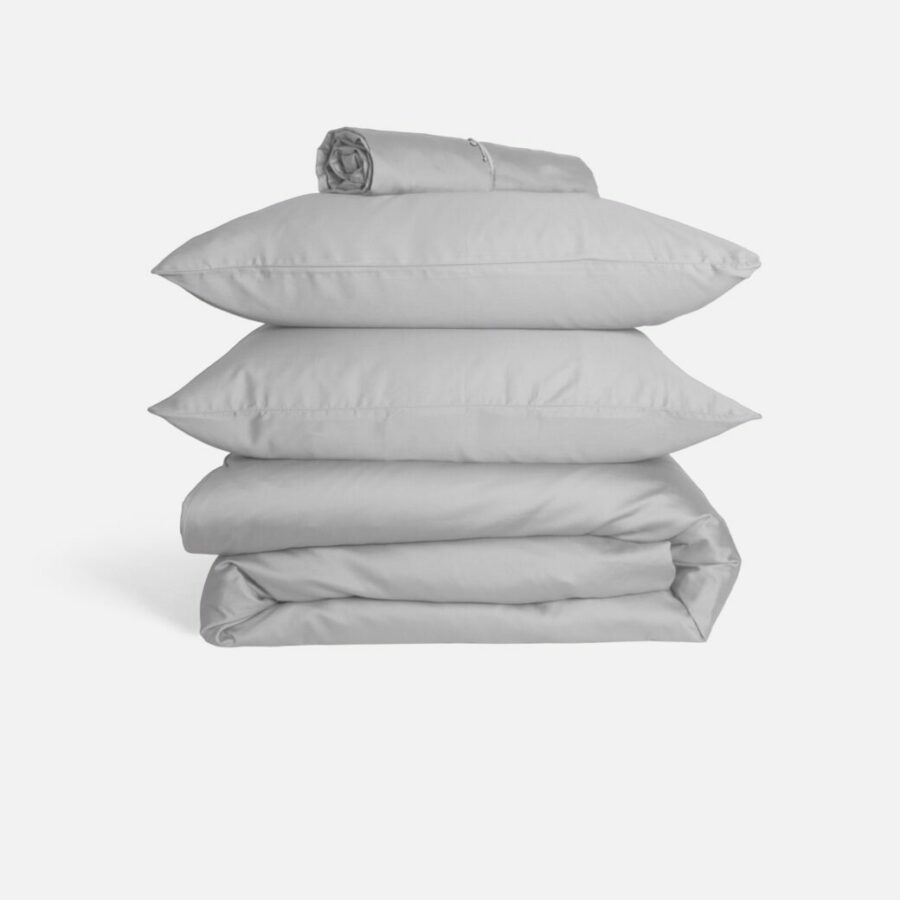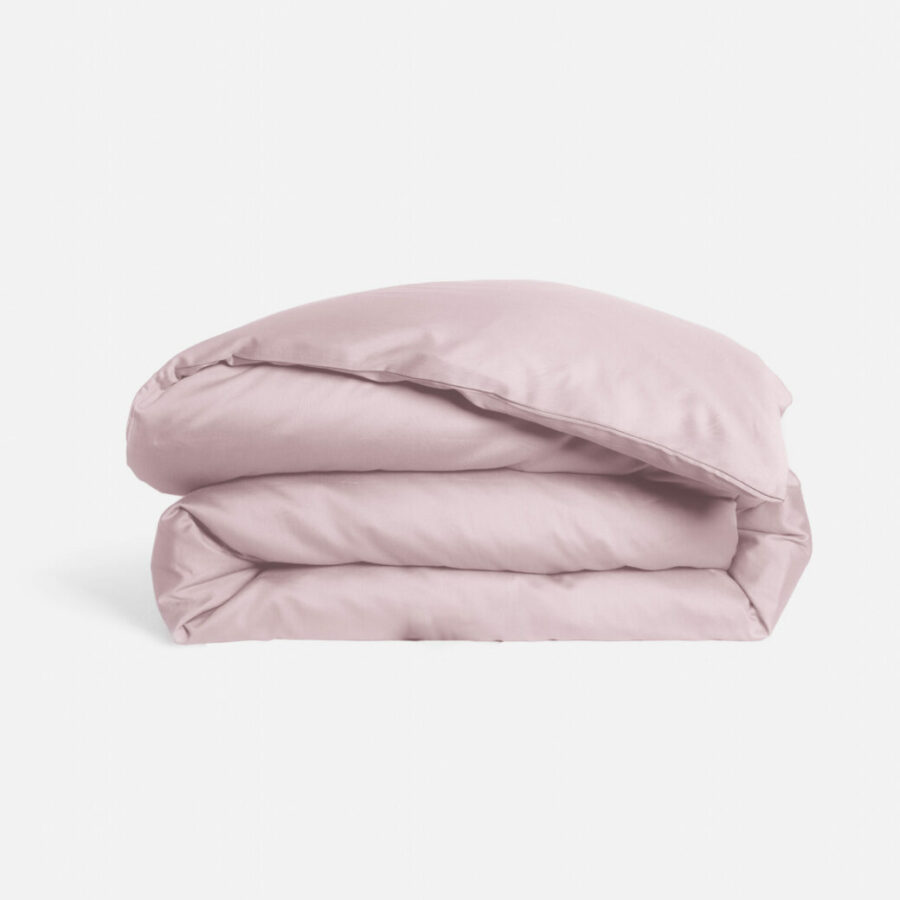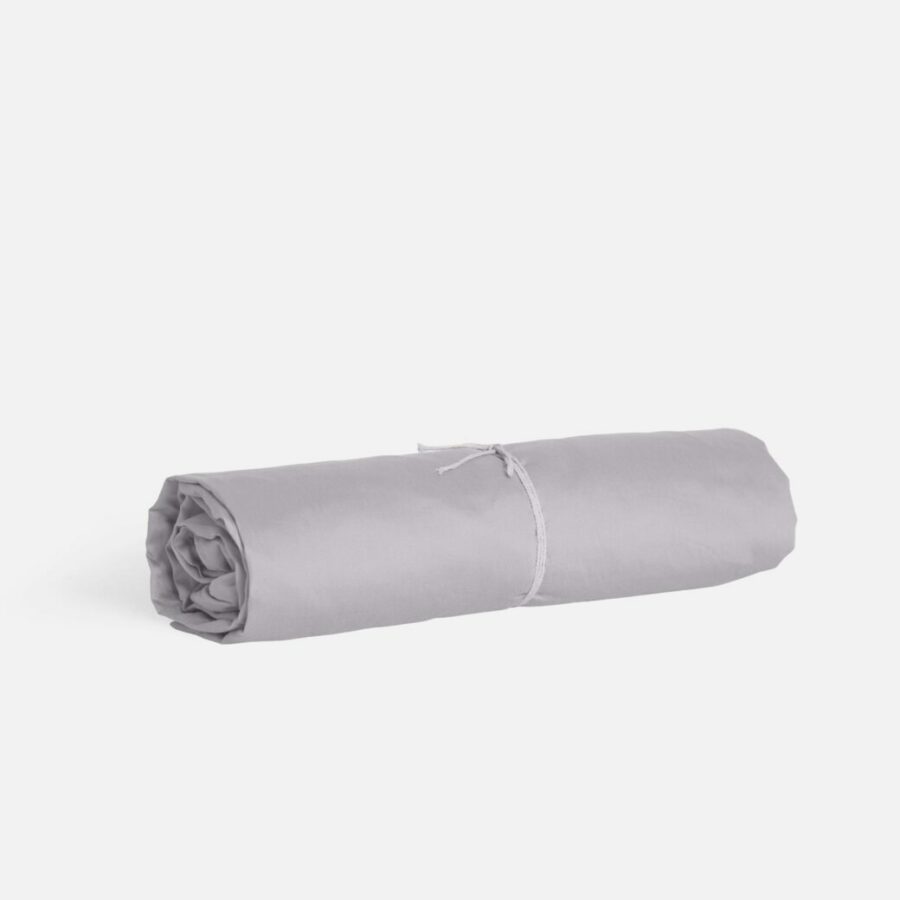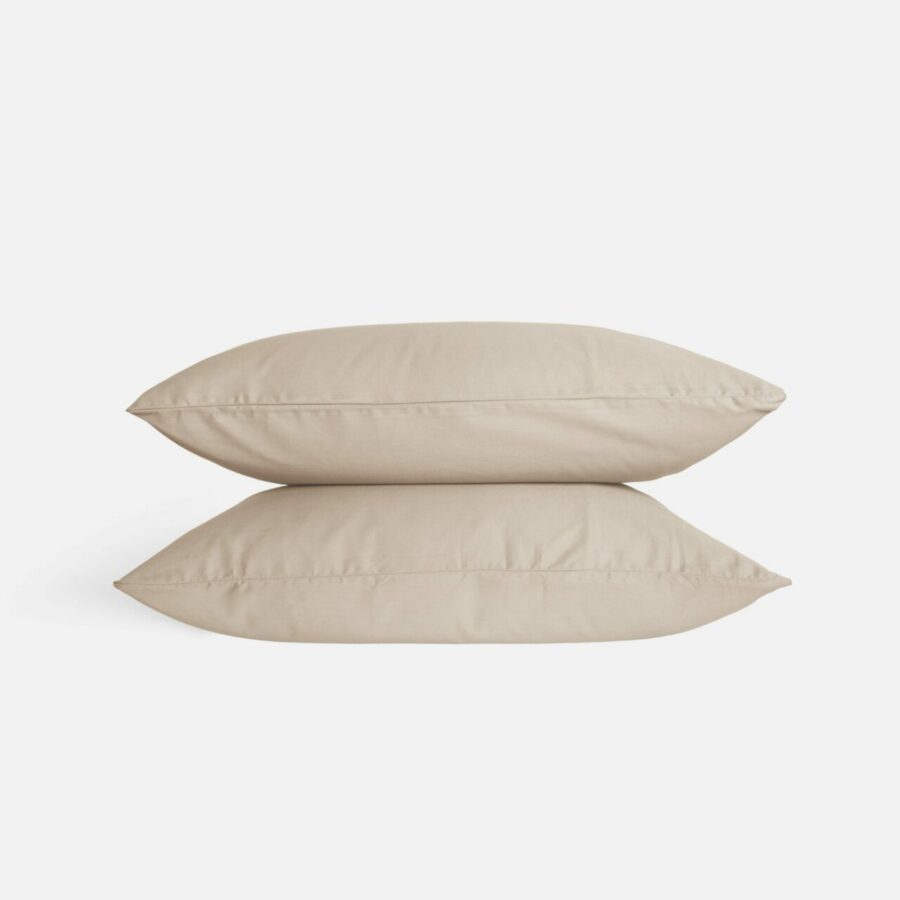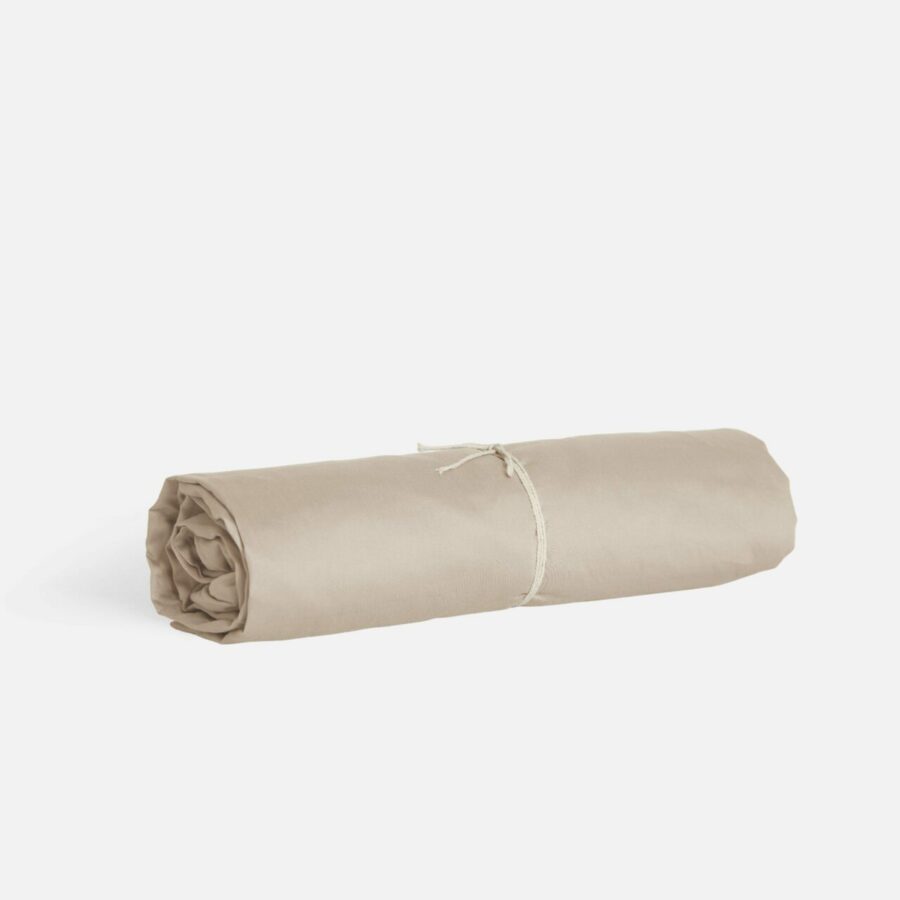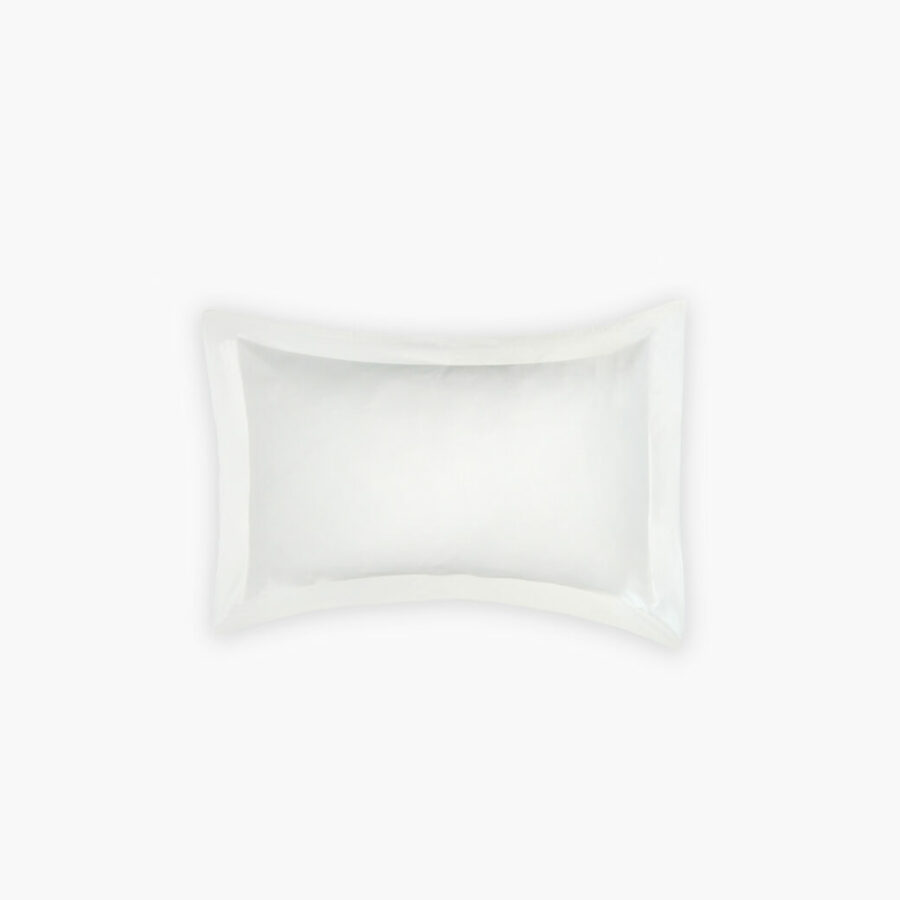The environmental impact of organic cotton
Although organic cotton is often presented as a more sustainable alternative to conventional cotton, it still presents a number of environmental challenges that limit its positive ecological impact. Here are the reasons why organic cotton linen is not as environmentally friendly as you might think:
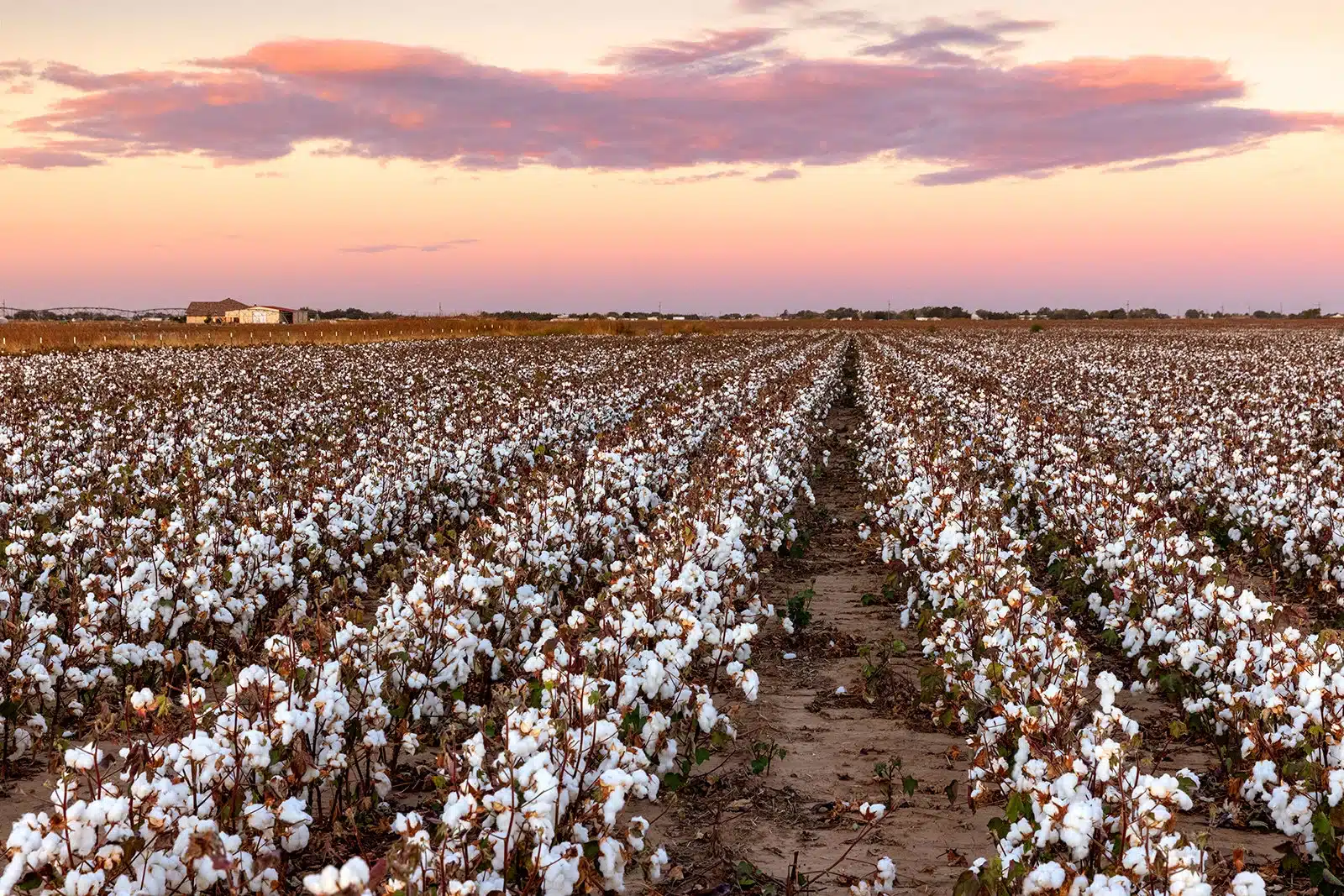
Excessive water consumption
Lower yields
Impact of cotton processing
Use of agricultural land
The greenwashing of organic cotton
Alternative to organic cotton: bamboU fibre
Our selection
They talk about it better than us
Our clients
The largest institutions
from luxury goods trust us.






